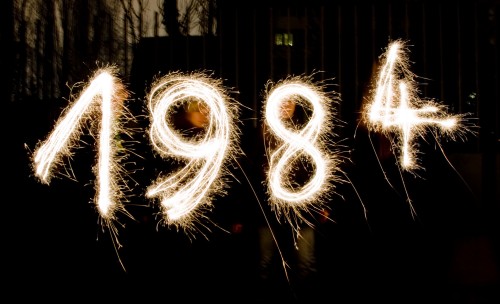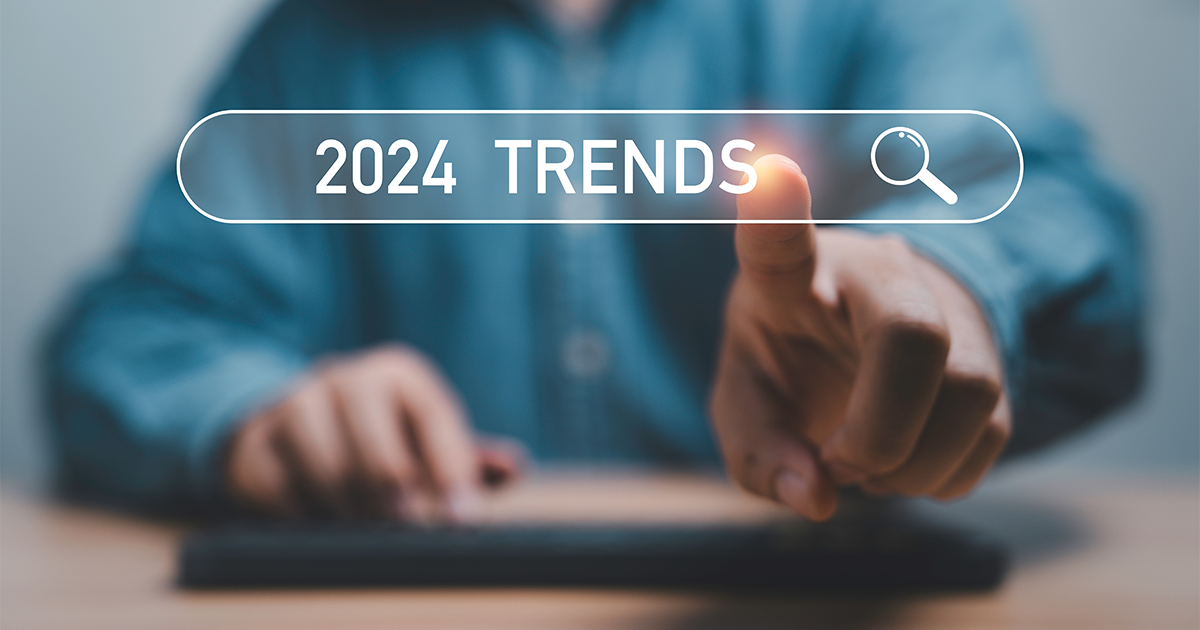George Orwell would be terrified if he was around today. The dystopian story depicted in Nineteen Eighty-Four indirectly placed a high value on individual liberties like privacy and the freedom to hold views that oppose mainstream thought or generally accepted values. The advent and evolution of social media combined with the recent exposure of government agencies caught engaging in secret surveillance bring the classic novel’s premise into sharp focus.
George Orwell would be terrified if he was around today. The dystopian story depicted in Nineteen Eighty-Four indirectly placed a high value on individual liberties like privacy and the freedom to hold views that oppose mainstream thought or generally accepted values. The advent and evolution of social media combined with the recent exposure of government agencies caught engaging in secret surveillance bring the classic novel’s premise into sharp focus.
In a sense, social media embraces a flagrant disregard for one’s right to privacy. The volume of information that is voluntarily posted can be staggering. The most avid social media user can conceivably be tracked throughout most of their day. Regular status updates, posting pictures, checking in, and various other comments can potentially give away far more information than the casual social media user may realize. It’s no wonder the Department of Defense entertained the thought of using social media to gather intelligence.
A recent Mashable article released an article that reports that 56% of Americans think tracking phone call records is acceptable if the purpose was to foil terrorist activity. The same article quoted that 45% of Americans condoned email surveillance if it meant increased safety from terrorist activity.
Considering the relatively high percentage of people excusing unwarranted surveillance, the dystopian Orwellian tale may not be as scary to the modern social media denizen as to the more Victorian minded people of the mid 20th century. As people act more and more like their own social media agency to promote self exposure, the act of surveillance is probably not as intimidating as it was once thought.
After all, keeping the masses safe from terrorist activity is a noble pursuit. More than one study has indicated that in times of peril, people willingly trade a percentage of personal freedoms to ensure their personal well-being. Surely Orwell would agree, wouldn’t he? He might, until the definition of terrorism is distorted. How far can one disagree with an established order until they are seen as a dangerous? Then again, does an avid social media user really feel they have something to hide?
For a free website consultation, please contact fishbat Web Design Long Island NY today.


